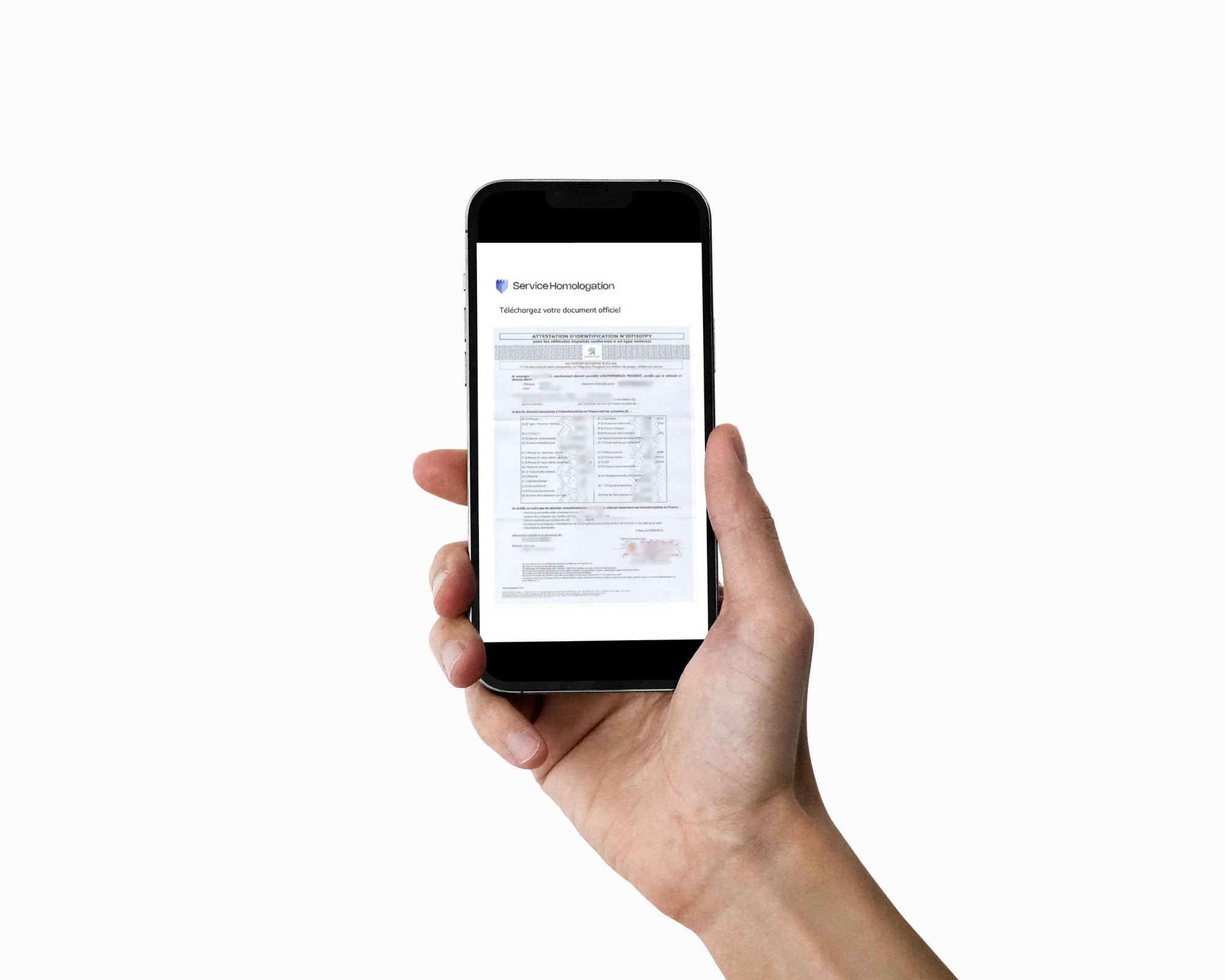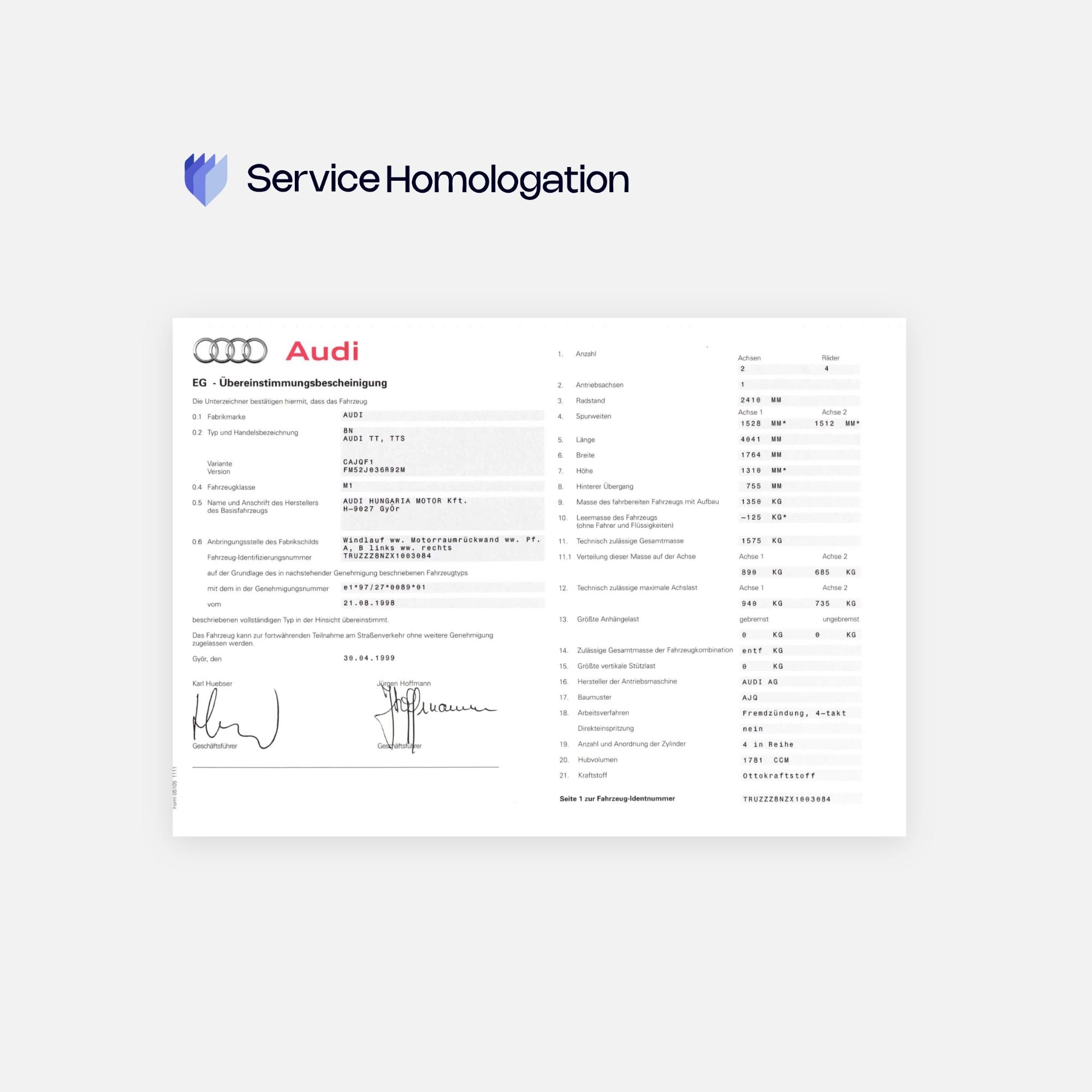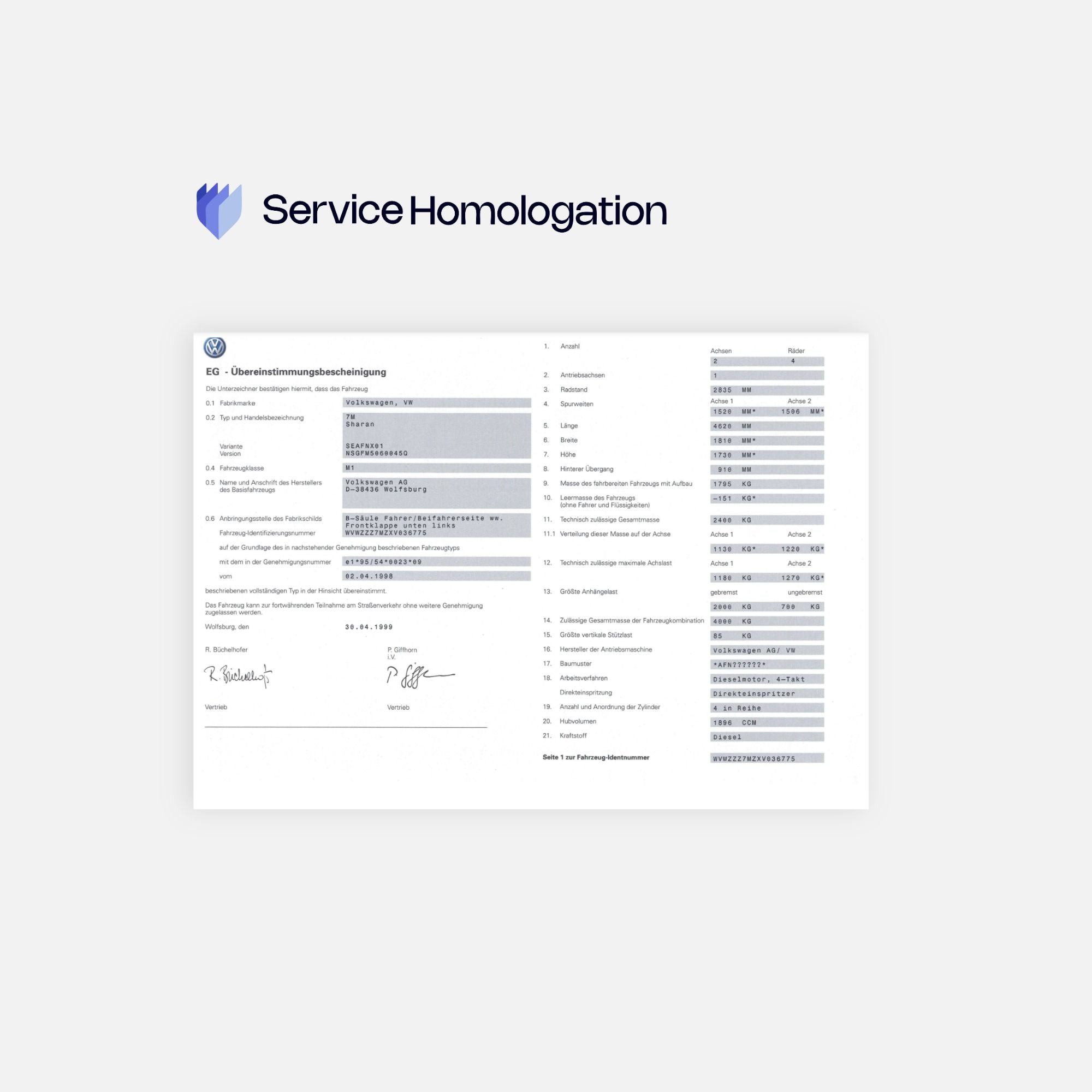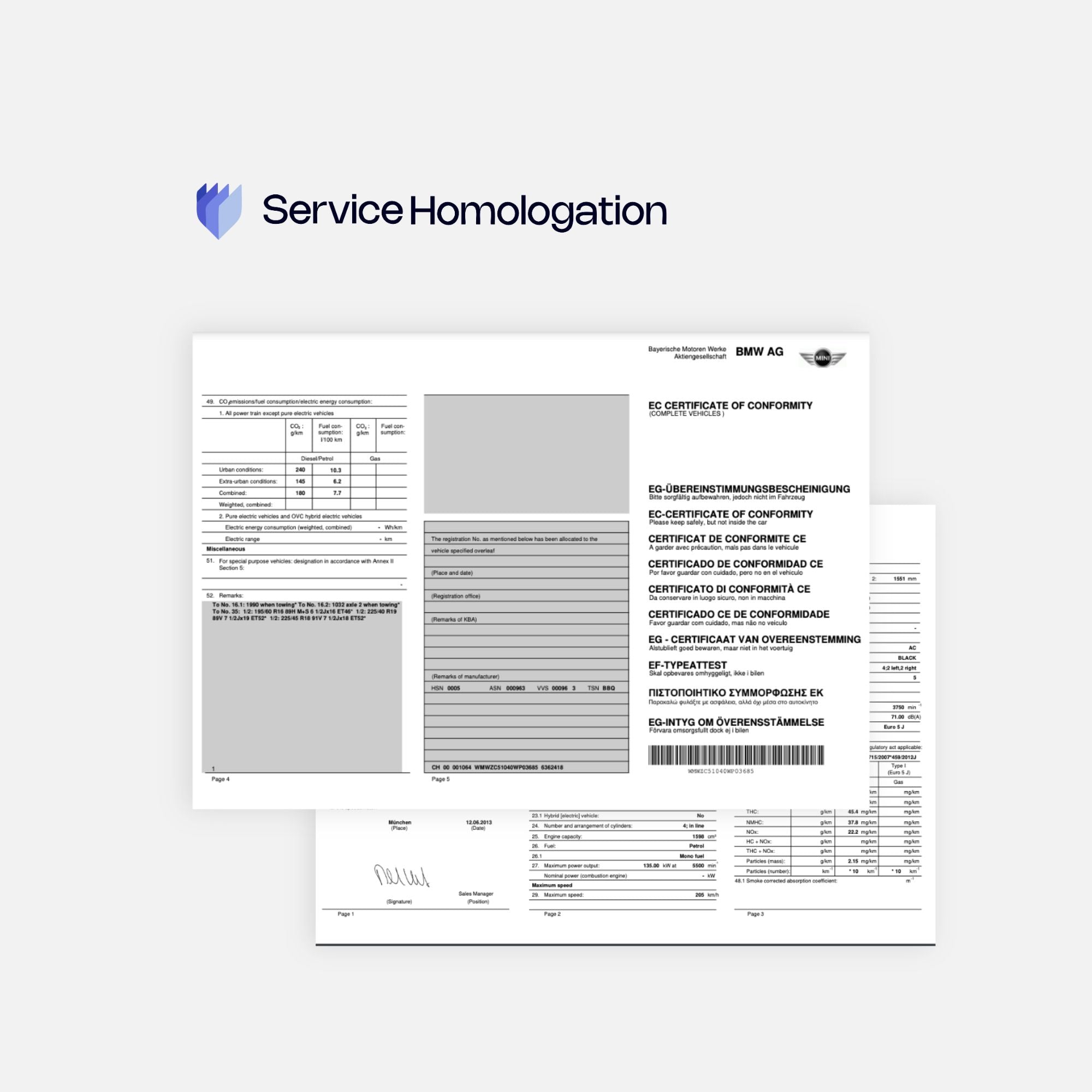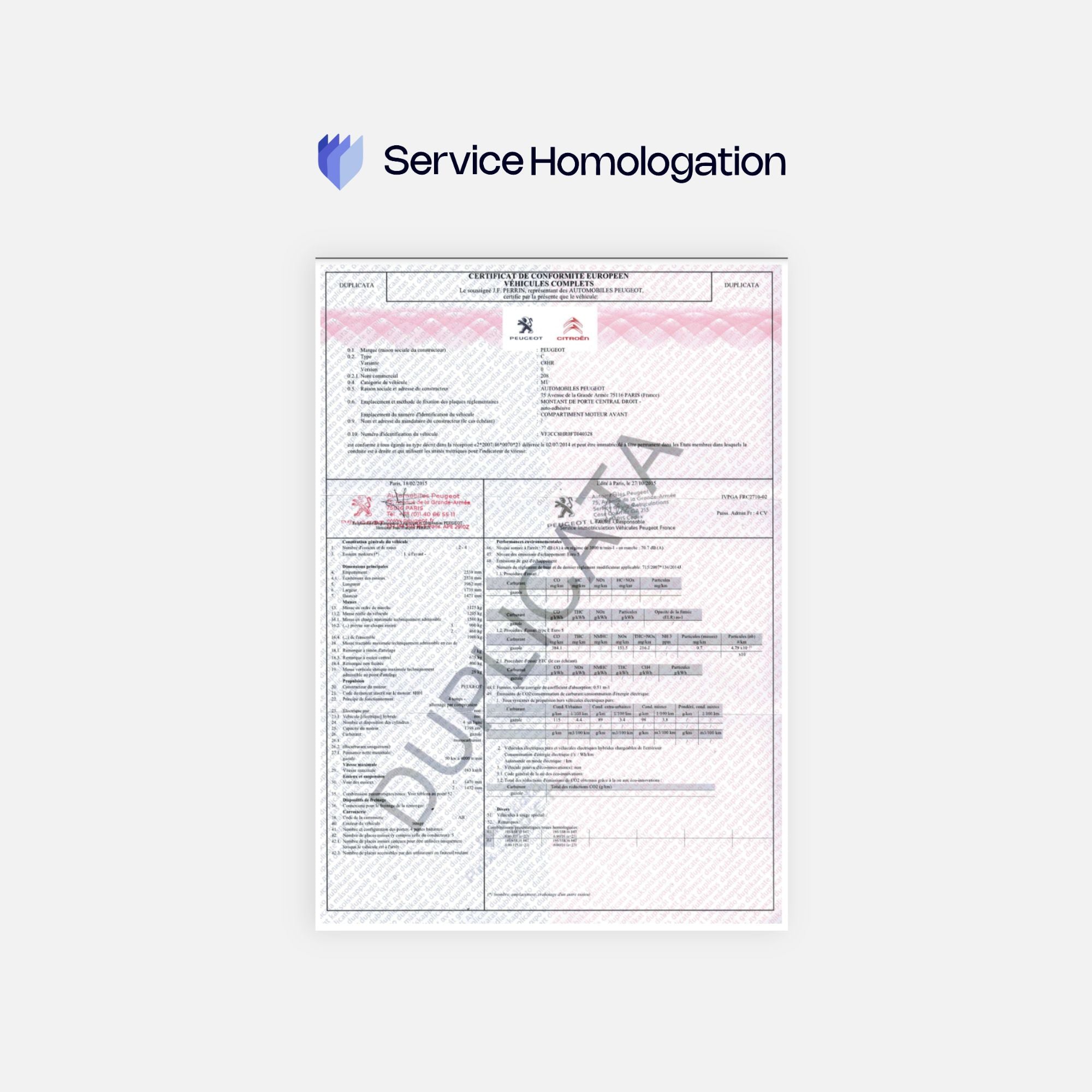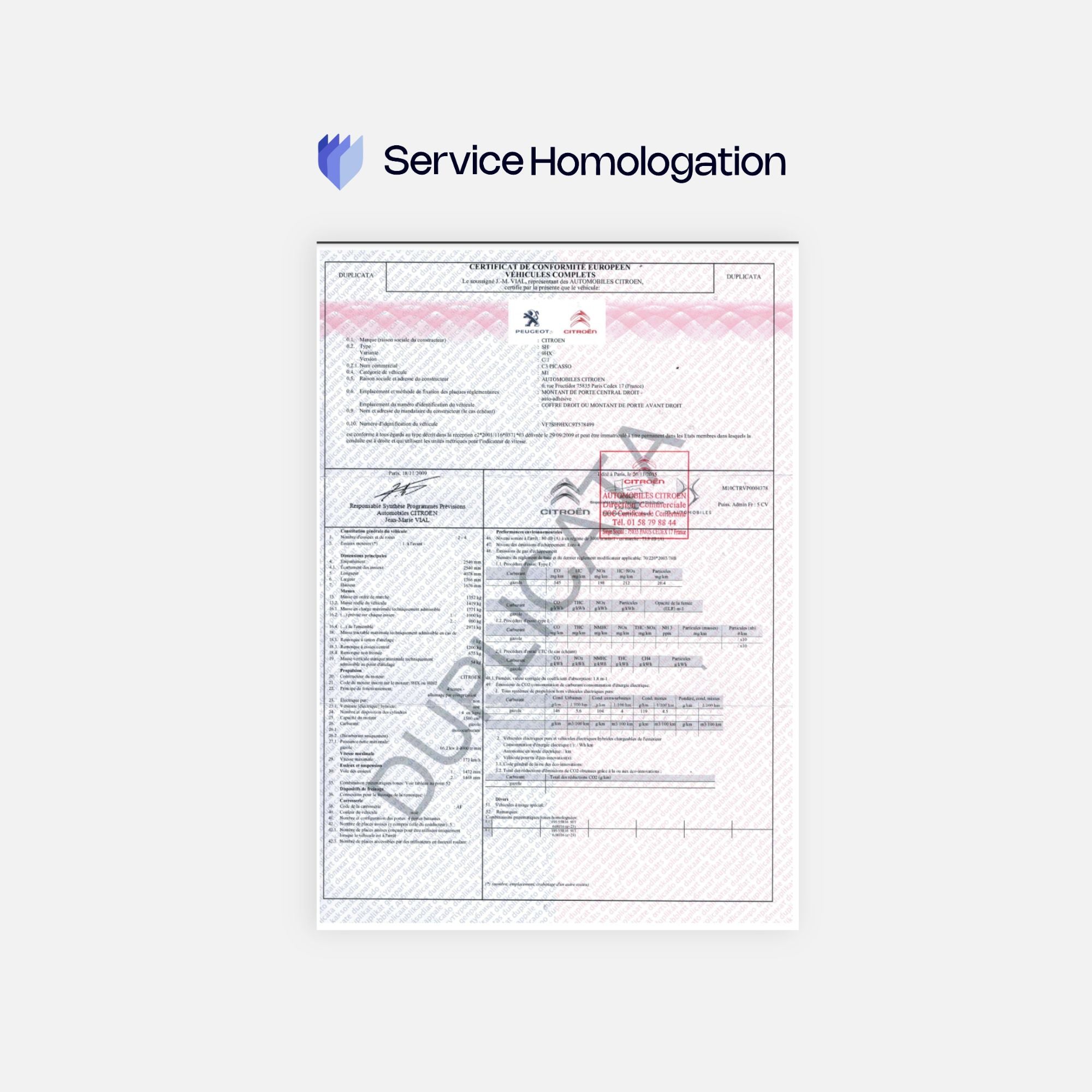The essentials to know about the automotive COC
Are you considering importing a vehicle or simply wondering what that mysterious acronym "COC" means that you often hear in the automotive world? Don't panic! Today, we'll demystify this term and explain why this document is so crucial when purchasing or importing a vehicle. If you own a Peugeot or are considering purchasing one, this information will be particularly useful.
What exactly is COC?
The COC , or Certificate of Conformity , is an official document issued by the car manufacturer certifying that your vehicle complies with current European standards. In other words, it is a "passport" for your car, guaranteeing that it meets all the technical and environmental requirements necessary to legally drive on European roads.
This document is particularly important because it contains essential information about your vehicle:
- The European approval number
- Technical characteristics (weight, dimensions, etc.)
- Polluting emissions
- The noise level
- The vehicle identification number (VIN)
The COC certificate is usually written in several European languages, which makes it easier to use in different countries of the European Union.
Why do you need a COC?
You may be wondering why this document is so important? Here are the main situations where the automotive certificate of conformity becomes essential:
When importing a vehicle : If you buy a car in an EU country to register it in France, the COC will save you from having to go through an individual vehicle registration (RTI) procedure, which is generally longer and more expensive.
For first registration : Even for a new vehicle purchased in France, the COC can be requested upon first registration.
In case of re-registration : If you move abroad with your vehicle, the COC greatly facilitates administrative procedures in your new country of residence.
For classic cars , there are specific procedures for obtaining an equivalent document, thus allowing these exceptional vehicles to circulate legally despite their age.
How to get a COC certificate?
There are several options available to you to obtain this valuable document:
Directly from the manufacturer : Most car manufacturers can provide you with a duplicate COC, but this can be time-consuming and expensive.
Via a specialized service : Companies like Service Homologation take care of all the procedures for you, considerably simplifying the obtaining process.
From the seller : When purchasing a new or used vehicle, do not hesitate to ask the seller for the COC, who should normally provide it to you.
It is important to note that the turnaround time can vary considerably depending on the make and model of your vehicle, ranging from a few days to several weeks.
The COC in the face of regulatory developments
Automotive legislation is constantly evolving, particularly with regard to emissions and safety standards. The COC reflects these developments, which is why its content and format may change over time.
With the arrival of electric vehicles and new powertrain technologies, the certificate of conformity is adapting to incorporate new criteria specific to these innovations. However, it remains the reference document for certifying a vehicle's compliance with European standards.
Conclusion: An essential document not to be neglected
The COC isn't just a piece of paperwork; it's a guarantee that your vehicle meets all the standards in force for legal circulation in Europe. Whether it's for importing or simply registering, this document will save you a lot of administrative hassle.
If you own a Peugeot or are considering purchasing one, don't forget to check that you have this essential document. And if you need help obtaining it, don't hesitate to contact specialized services that will assist you with all your approval procedures.
Don't wait until you're faced with an administrative problem to worry about your certificate of conformity. Plan ahead and make sure you have this document handy so you can drive with peace of mind!
